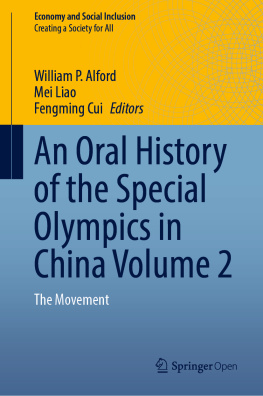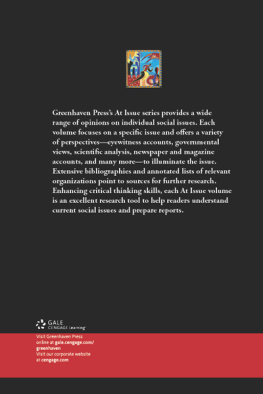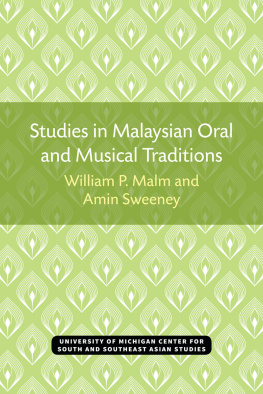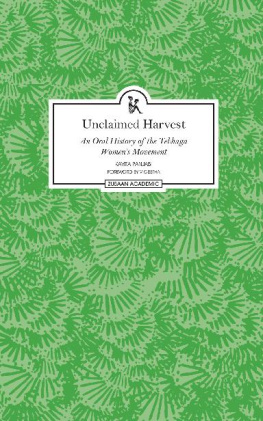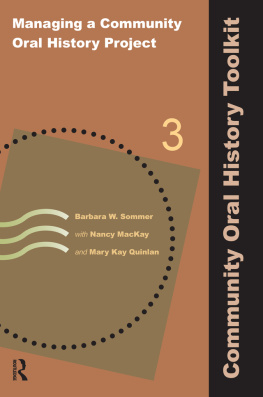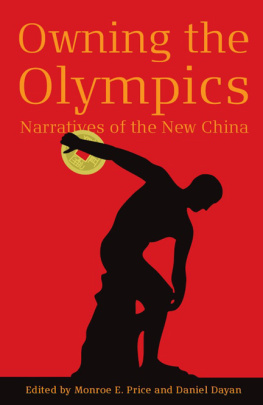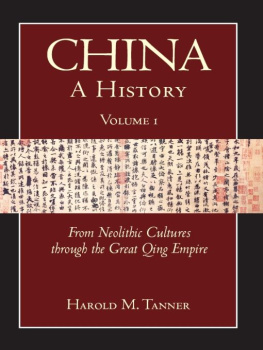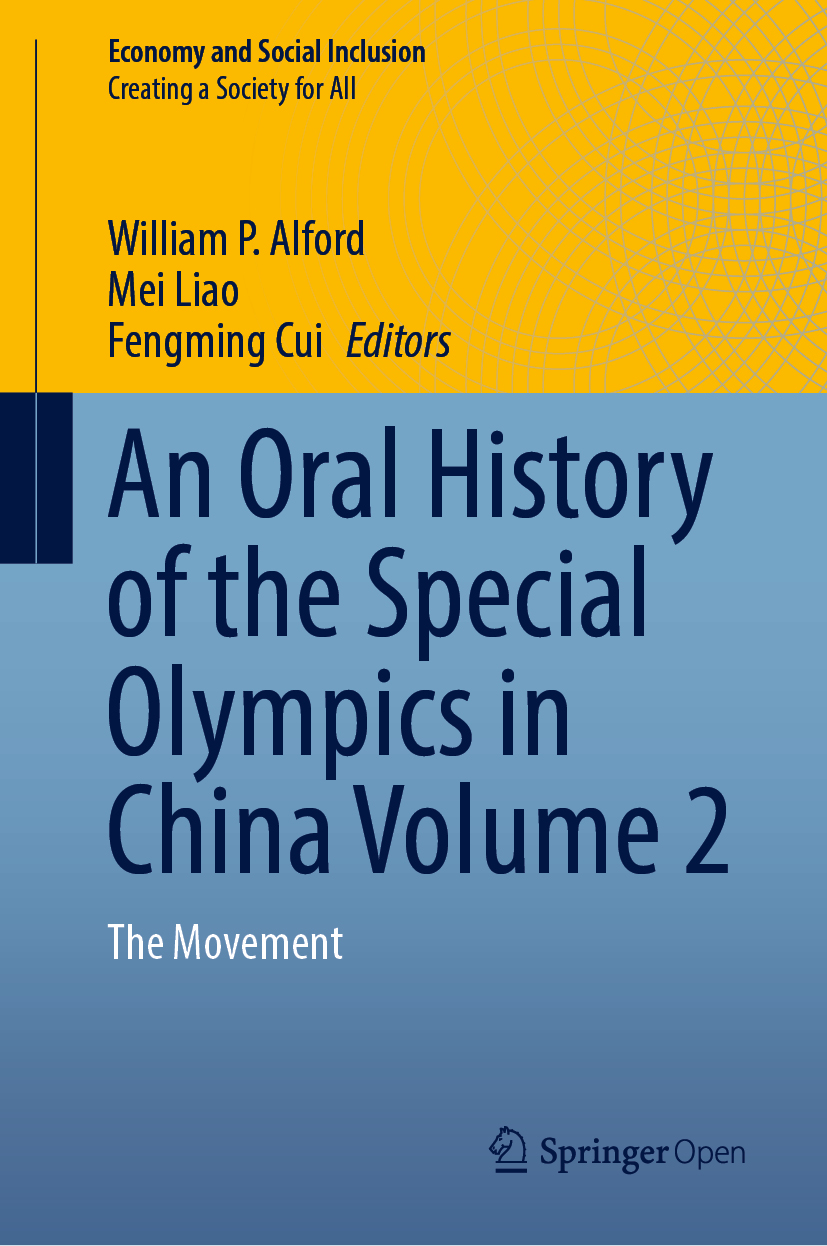Economy and Social Inclusion Creating a Society for All
Series Editor
Akihiko Matsui
Tokyo, Japan
This series provides a forum for theoretical, empirical, historical, and experimental analysis of issues related to economy and social inclusion and exclusion. Included are the interconnected problems of alienation, deprivation, discrimination, economic inequality, polarization, and prejudices caused by or related to abusive behavior, aging, depopulation, disability, the educational gap, the gender gap, natural disaster, poverty, rare diseases, war, and various other economic and social factors.
The common theme of the series is to examine how we can create an inclusive society that accommodates as many people as possible and promotes their welfare. We believe this should be the main goal of economics as a discipline. Society need not passively observe its inequality, social exclusion, and decline. Policy, institutions, and our actions matter. The series aims to enrich academic discourse, influence economic and social policy, and enlighten a global readership.
Methodologies adopted in this series are mainly economic theory, game theory, econometrics, statistical analysis, economic experiments, and disability studies. Psychology, sociology, legal studies, and medical sciences, among other disciplines, are also considered important related fields of study.
The interdisciplinary research taken up in the series utilizes these existing methodologies for the common goal of creating a society for all. Furthermore, progress in such interdisciplinary studies will contribute new insights to the development of economic studies. The major geographical targets of the series are Japan and other Asian countries but are not restricted to those areas. At the same time, however, the goal is to amplify the findings therein to universally applicable insights and knowledge.
Editorial Board:
William P. Alford (Vice Dean for the Graduate Program and International Legal Studies, Jerome A. and Joan L. Cohen Professor of East Asian Legal Studies, Harvard Law School)
In-Koo Cho (Professor, University of Illinois, USA)
Partha Sarathi Dasgupta (Frank Ramsey Professor Emeritus of Economics at the University of Cambridge, UK)
Hidehiko Ichimura (Professor, The University of Tokyo, Japan)
Daiji Kawaguchi (Professor, The University of Tokyo, Japan)
Osamu Nagase (Visiting Professor, Ritsumeikan Univesity, Japan)
Yasuyuki Sawada (Chief Economist, Asian Development Bank, Philippines; Professor, The University of Tokyo, Japan)
Tomomi Tanaka (Senior Economist, The World Bank)
More information about this series at http://www.springer.com/series/13899
Editors
William P. Alford
Harvard Law School, Harvard University, Cambridge, MA, USA
Fengming Cui
Harvard Law School, Harvard University, Cambridge, MA, USA
ISSN 2509-4270 e-ISSN 2509-4289
Economy and Social Inclusion
ISBN 978-981-15-5127-7 e-ISBN 978-981-15-5128-4
https://doi.org/10.1007/978-981-15-5128-4
This book is an open access publication.
The Editor(s) (if applicable) and The Author(s) 2020

Open AccessThis book is licensed under the terms of the Creative Commons Attribution-NonCommercial-NoDerivatives 4.0 International License ( http://creativecommons.org/licenses/by-nc-nd/4.0/ ), which permits any noncommercial use, sharing, distribution and reproduction in any medium or format, as long as you give appropriate credit to the original author(s) and the source, provide a link to the Creative Commons license and indicate if you modified the licensed material. You do not have permission under this license to share adapted material derived from this book or parts of it.
The images or other third party material in this book are included in the book's Creative Commons license, unless indicated otherwise in a credit line to the material. If material is not included in the book's Creative Commons license and your intended use is not permitted by statutory regulation or exceeds the permitted use, you will need to obtain permission directly from the copyright holder.
This work is subject to copyright. All commercial rights are reserved by the author(s), whether the whole or part of the material is concerned, specifically the rights of translation, reprinting, reuse of illustrations, recitation, broadcasting, reproduction on microfilms or in any other physical way, and transmission or information storage and retrieval, electronic adaptation, computer software, or by similar or dissimilar methodology now known or hereafter developed. Regarding these commercial rights a non-exclusive license has been granted to the publisher.
The use of general descriptive names, registered names, trademarks, service marks, etc. in this publication does not imply, even in the absence of a specific statement, that such names are exempt from the relevant protective laws and regulations and therefore free for general use.
The publisher, the authors and the editors are safe to assume that the advice and information in this book are believed to be true and accurate at the date of publication. Neither the publisher nor the authors or the editors give a warranty, express or implied, with respect to the material contained herein or for any errors or omissions that may have been made. The publisher remains neutral with regard to jurisdictional claims in published maps and institutional affiliations.
This Springer imprint is published by the registered company Springer Nature Singapore Pte Ltd.
The registered company address is: 152 Beach Road, #21-01/04 Gateway East, Singapore 189721, Singapore
To the people and organizations dedicated to promoting the dignity and the social inclusion of persons with intellectual disabilities and a better world for all.
Preface
This volume is a collection of interviews with the families of 18 people with an intellectual disability (ID) in Shanghai who have participated in the Special Olympics movement.
Special Olympics East Asia contacted a number of families and 4 of them agreed to be interviewed. Ms. Meizhen Zhou, from 1 of the 4 families, a Special Olympics family leader, successfully recruited another 13 families, the majority of which have sons or daughters on the drumming team of the Shanghai Hongkou District Disabled Persons Federation.The remaining family belongs to a Papa Johns employee with ID. Because the family has participated in the Special Olympics movement, interviews with this family are included in this volume.
The 18 subjects of this volume, each with ID, participated in the Special Olympics World Games, Special Olympics National Games, or community-level Special Olympics activities. Their experiences reflect the different levels of Special Olympics and its profound impact on people with ID.

